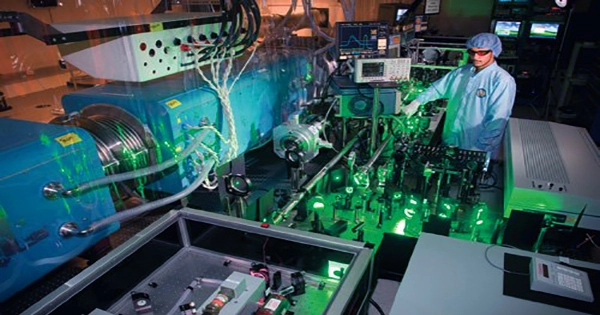On Monday, Luminar, a startup that develops vision-based lidar and machine perception technologies for autonomous cars, announced the acquisition of Freedom Photonics, a high-performance laser producer. According to a regulatory filing, Luminar would transfer 3 million shares of its common stock to Freedom Photonics workers, valued at $42.3 million at today’s share price. The acquisition is Luminar’s latest attempt to vertically integrate fundamental lidar components in order to develop more accurate, lower-cost solutions.
“The deal is signed and expected to close in the second quarter,” Luminar co-founder and chief technology officer Jason Eichenholz told TechCrunch. “It really brings Freedom Photonics’ high-powered laser and their related photonic integrated circuit technologies to optimize the performance, as well as advance our cost roadmap, of our future sensors.”
The capacity to observe and distinguish things at a distance, whether on city streets or highways, is a critical issue for autonomous vehicle systems. A high-powered laser pulse and high-quality beams are required to achieve the point density and resolution required for the AV system to identify whether it sees a tire or a human 300 meters ahead on the road, two components that Freedom Photonics excels in, according to Eichenholz. The agreement, which comes after a multi-year partnership between the two businesses, not only increases the quality of Luminar’s lidar, but also gives the company better control over supply chain costs.
This isn’t due to a scarcity of lasers; rather, “lasers with the correct performance criteria to unleash autonomy and have proactive safety that can be satisfied in an automotive approved setting is a lot tougher,” according to Eichenholz. Lidar is one of the most costly components of autonomous driving systems, making commercialization and scaling challenging. Luminar is actively pursuing cost-cutting as it works toward its stated goal of achieving a sub-$100 bill of materials for the three key lidar hardware components, which Eichenholz refers to as the “three legs of the stool” – the receiver, the ASIC or processing power, and the laser, which it currently has from Freedom Photonics.
The technology and teams for the other two legs of the stool have already been purchased by Luminar. Luminar was able to reduce the cost of receivers from tens of thousands of dollars to $3 thanks to its 2017 acquisition of Black Forest Engineers, a bespoke signal processing chipmaker. According to Eichenholz, the company’s acquisition of Optogration and its receiver chips last year further unlocked performance and economics.
In a statement, Milan Mashanovitch, CEO of Freedom Photonics, stated, “Going all-in with Luminar is the right opportunity for Freedom Photonics, enabling us a faster road to at-scale commercialization of our world-class laser chip technology.” “This gives us more opportunities to concurrently assist and expand clients in other industrial verticals, in addition to extending Luminar’s automotive market leadership.”
















